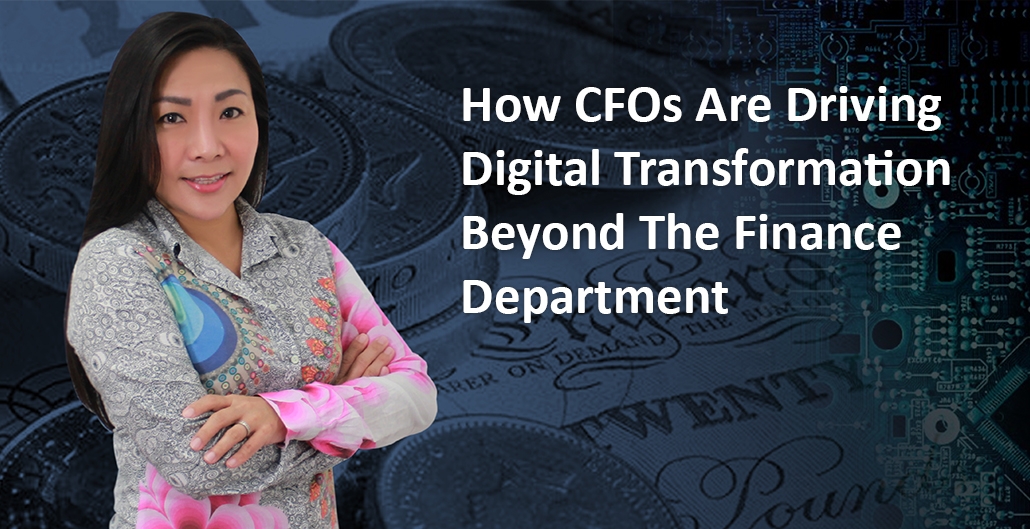How CFOs Are Driving Digital Transformation Beyond The Finance Department
By Diana Ong – Vice President Finance, RMA Group.
The use and growth of digital technology in the 21st century monumentally transformed several aspects of human society, spanning from the way we interact with each other to how we purchase goods. This change is known as digital transformation, and it has impacted every facet of business, allowing companies and organizations to efficiently address key business issues. From the introduction of artificial intelligence and the Internet of Things to the cloud, the challenge for many organizations lies in fully leveraging changes as new technologies emerge. In order to take advantage of these changes, the application of digital transformation should extend beyond the role of the Chief Innovation Officer (CIO) or Chief Marketing Officer (CMO). Bringing in other departments on the digital transformation journey can accelerate business growth and even spring up new product lines through non-traditional paths.
Digital Transformation in Finance
Financial technology has entered a new digital age with no signs of slowing down; blockchain technology, crowdfunding, cryptocurrency and beyond are all recent contributions to the digital transformation of finance. A popular belief is that financial technology is confined to methods of payment, but this line of thinking is outdated in today’s world. CFOs have the ability to drive digital transformation beyond the financial department.
The Traditional CFO
Traditionally, the role of the CFO has been to keep the financial books in order with many of the tasks being back-office. The goals of the finance department is to find out how to best allocate resources. The pressure of having hardlined budgets to stick to has encouraged CFOs to be hesitant about risk-taking and more inclined to follow trends.
The Ever-Expanding Role of Today’s Financial Leaders
Today, the role of CFOs has expanded to contribute to corporate strategy. Financial leaders are building their knowledge of advanced data analytics and new technologies so they can best measure the ROI of an organization’s digital transformation. This gives the CFO a large stake in the company, and they oftentimes directly advise the CEO and board members on projects, sometimes even jumping onboard as a co-sponsor.
How CFOs Can Further Innovation Within Their Company
Besides advising executives on high-level projects, CFOs have the potential to further innovation and efficiency within the entire organization and not just their designated department by combining IT with financial functions. Keeping up to speed with the digital market can help CFOs find the necessary products to boost efficiency and enhance internal processes. For example, realizing products that may have no direct benefits today, but can provide essential components for business growth, such as faster customer service, could give an organization cost saving, long-term value. This in turn can challenge other departments to drive innovation forward, potentially even turning their ideas into new products. Since the CFO’s job is to decide whether a project is successful or not, they can set portfolio budgets to push digital horizons. This may receive pushback from internal and external parties who are comfortable sticking to traditional habits. Cooperation is required from all parties involved, but if implemented properly by the inventive CFO, organizations have a better chance of being prepared for the unavoidable digital transformation.



